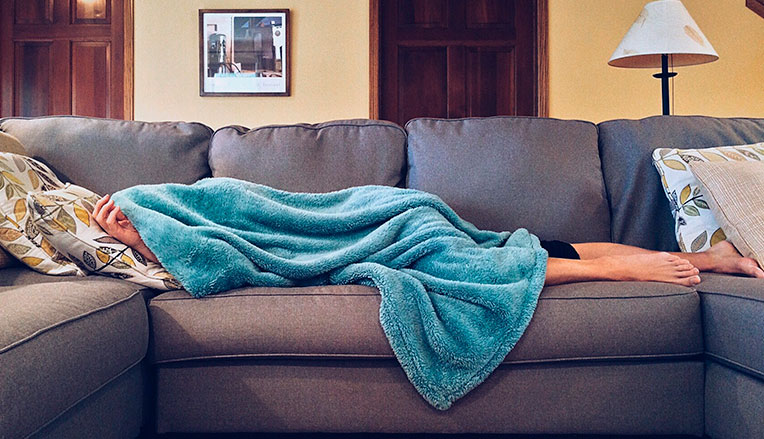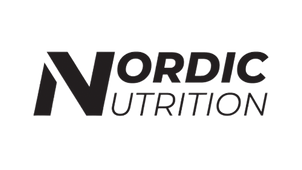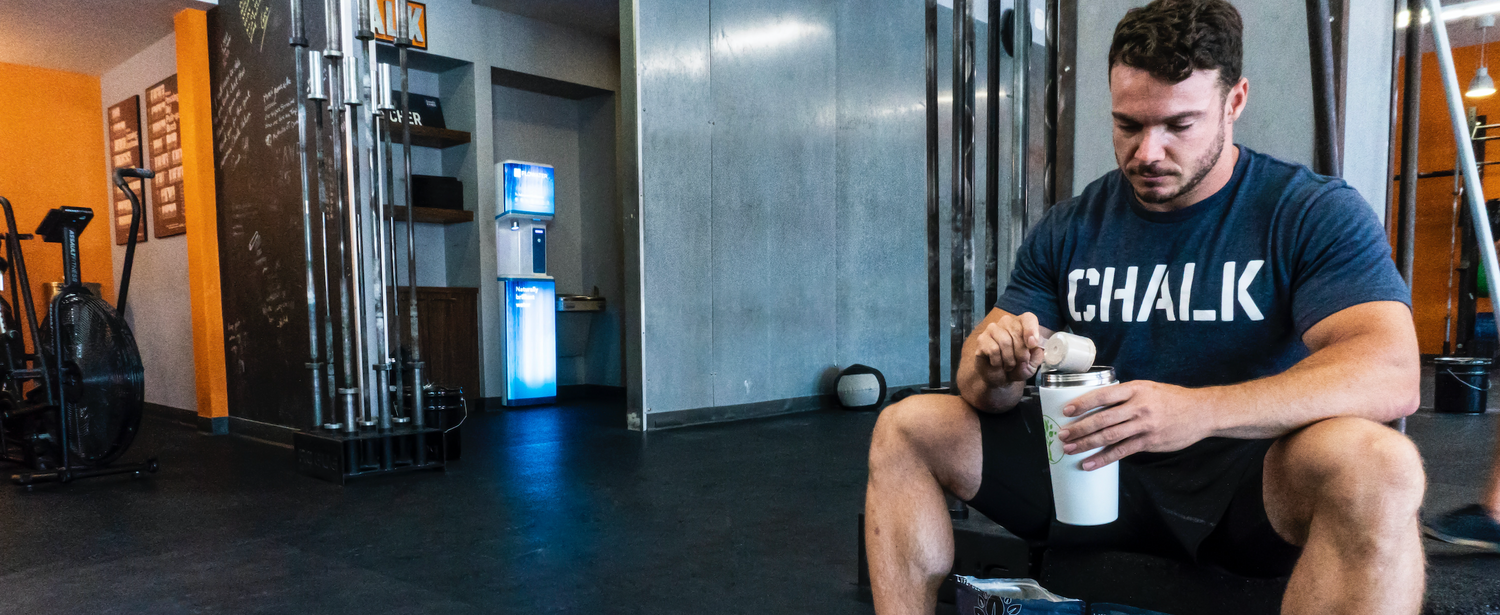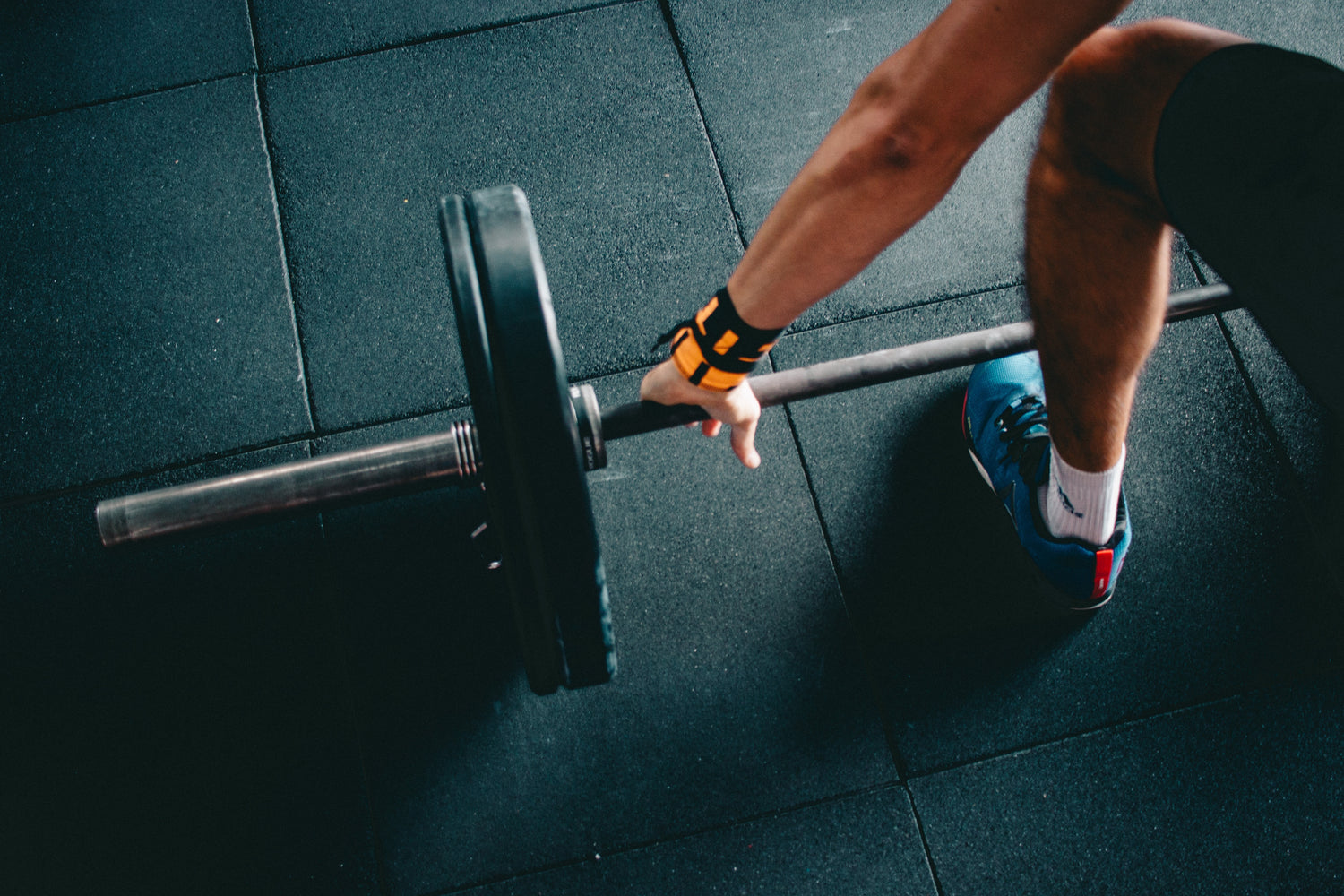Written by: Nikolaj Bach, BCs. Scient. Med.
"Proper recovery is an essential cornerstone for good training progress. You can not train harder than you can recover, and it is not while we train that we become bigger or stronger - it is when we recover from our hard training. "
This is how I wrote in the article Optimal recovery: Protein before bedtime?
And it is in my eyes striking so many exercisers who are incredibly serious about their training and diet, but who do not at all go up in prioritizing their relationship around sleep and rest.
Where the aforementioned article focused on the nutritional benefits of consuming a large dose of quality protein before bedtime, then it is certainly also worth getting into the importance of the amount and quality of night sleep.
Not only if you want to avoid black circles under the eyes, to match the contents of your indispensable coffee cup, which you must use as a crutch to get through the morning. But also if you want a good physique, with a low fat percentage and marked muscles.
Getting too little sleep slows down your fat loss and breaks down your muscle mass. Bad news, for anyone who wants a healthy body composition.
But how big is the damage? Let's look at a study that has examined just this.
Lack of sleep slows down fat loss and breaks down muscle mass during dieting
Nedeltcheva et al. examined weight loss in 10 obese (BMI = 27.4) adults during a period of adequate sleep, and during sleep deprivation (1).
Thus, the trial contained two 14-day periods, separated by a minimum of 3 months. In one period, subjects spent 8.5 hours in bed per day. days, and in the second there were only 5.5 hours between going to bed and getting up.
In the two periods, the subjects were in a moderate energy deficit, consuming 90% of their resting metabolism. The experiment was a so-called "in-patient" study, where the subjects stayed in a laboratory throughout the period, so that one could monitor their diet closely, and measure and weigh everything they ingested.
This avoided the typical problems of studies based on self-reporting, such as subjects who did not adhere to the diet plan, or took a grandfather during the day.
In connection with both sleep protocols, different hormones, energy consumption, and most importantly the body composition of the subjects were measured.
What did you find out?
Both groups achieved a comparable weight loss of about 3 kg. But the quality of the weight loss was completely different.
Thus, lack of sleep reduced the loss of fat by as much as 55% (1.4 vs. 0.6 kg of fat). On the other hand, a much larger part of the weight loss came from fat-free mass (probably muscle mass), where the subjects lost on average 60% more fat-free mass when they were only in bed for 5.5 hours (1.5 vs. 2.4 kg fat-free mass ).
In addition, at the beginning of a weight loss you will experience a lot of fluid loss, due to eating less carbohydrate - why you must assume that the 1 kg "extra" fat-free mass loss was primarily muscle mass, and that the loss of muscle mass has therefore been even greater than the 60%, relative to getting enough sleep (where a larger proportion of the total fat-free mass loss has been fluid).
Consistent with this, it was found that lack of sleep made the subjects worse at using fat as an energy substrate, and lowered their resting metabolism by ~ 150 kcal more than when they had 8.5 hours of bedtime.
At the same time, lack of sleep made the subjects more hungry, which was associated with a higher secretion of the appetite-stimulating hormone, ghrelin.
In other words, lack of sleep not only made fat loss worse - it also made it harder to maintain weight loss through greater breakdown of muscle mass, greater reduction in energy expenditure, and greater hunger.
Sleep is the alpha omega
It is said that one does not get asleep to anything in this life, but when it comes to gaining bigger muscles and a lower fat percentage, then it is actually not entirely correct. Here, sleep is actually essential.
Just look at the importance of sleep in untrained individuals who did not do strength training; much poorer fat loss (1.4 versus 0.6 kg of fat), and much greater loss of muscle mass. Then consider what the picture looks like in training people who, on top of that, need to use sleep as a means to recover from hard training!
And then it is worth noting that the effect of sleep deprivation might have been even more detrimental in a practical setting.
Thus, there were researchers present who controlled the subjects' total food intake in relation to their energy consumption so that their increased hunger did not adversely affect the results. But in practical reality, a sleep deprivation-induced hunger would most likely lead to a higher calorie intake, and less healthy food choices combined with a greater decrease in resting metabolism would result in even worse fat loss.
Thus, several reviews (2,3) and a meta-analysis (4) support that sleep deprivation increases calorie intake, and a recent study suggests that the effect may be more pronounced in men than women (5). On the other hand, the impact of a lower resting metabolic rate on weight regulation is more uncertain.
The loss of fat-free mass in the sleep-deprived persons also agrees well with studies in rodents, which show that sleep deprivation reduces muscle mass through a lower muscle protein synthesis and higher muscle protein degradation (6,7,8).
So there are plenty of good reasons to get enough sleep if you exercise to get a lower fat percentage and bigger muscles.

Sleep is healthy
But if it is still not enough to convince you, then sleep also has great significance for your health. In addition to poorer body composition, sleep deprivation also has a detrimental effect on your immune system (9), your hormonal system (10), and your cognitive performance (11).
Good advice for sleep and recovery
It's all very good, but how can you ensure that you get enough quality sleep so that you can get the best results from your efforts in the gym?
Here are some tips to help you get the most out of your recovery and work out. Some of them are based on the literature around circadian rhythms and sleep needs, and others are advice that I have learned works for myself or my clients. Then read through the list and find out which ones are best for you and your everyday life.
- Get 7-9 hours of sleep per. Day. This is a no brainer. Go to bed 7-9 hours before you get up.
- Go to bed at the same time of day.
- Do not consume caffeine or large amounts of alcohol at the end of the day.
- Do not drink large amounts of fluid before bedtime, due to urge to urinate.
- Avoid screen viewing 1-2 hours before bedtime.
- Install software on your phone and computer that changes the shades of blue to red in the evening.
- Take a hot shower before bedtime.
- Sleep dark, without light from electronics.
- Sleep at a comfortable, neutral temperature.
- Avoid physical activity other than sex, just before bedtime.
- Set aside an hour to unwind and clear your head before bedtime, eg with music, meditation, diary or similar.
- Eat a minimum of 40 g of quality protein before bedtime.
- If you have to sleep during the day, for example in connection with night work, get blackout curtains and silicone earplugs (they work much better than regular ones) so that you are disturbed as little as possible.
- Use the bed for sex and as a time machine for breakfast, and hold other activities for outside the bed.
Note that several of these tips are not only about the amount of sleep, but also about the quality, and about having a regular sleep pattern. An irregular circadian rhythm, where you go to bed at changing times, can also have a negative effect on your recovery.
Sources:
(1) Nedeltcheva AV, Kilkus JM, Imperial J, Schoeller DA, Penev PD. Insufficient sleep undermines dietary efforts to reduce adiposity. Annals of internal medicine. 2010; 153 (7): 435-441. doi: 10.1059 / 0003-4819-153-7-201010050-00006. (2) J Acad Nutr Diet. 2012 Nov; 112 (11): 1785-97. doi: 10.1016 / j.jand.2012.07.032. Partial sleep deprivation and energy balance in adults: an emerging issue for consideration by dietetics practitioners. Shlisky JD1, Hartman TJ, Kris-Etherton PM, Rogers CJ, Sharkey NA, Nickols-Richardson SM.
(3) St-Onge MP. The Role of Sleep Duration in the Regulation of Energy Balance: Effects on Energy Intakes and Expenditure. Journal of Clinical Sleep Medicine: JCSM: Official Publication of the American Academy of Sleep Medicine. 2013; 9 (1): 73-80. doi: 10.5664 / jcsm.2348.
(4) Capers PL, Fobian AD, Kaiser KA, Borah R, B.Allison D. A Systemic Review and Meta-Analysis of Randomized Controlled Trials of the Impact of Sleep Duration on Adiposity and Components of Energy Balance. Obesity reviews: an official journal of the International Association for the Study of Obesity. 2015; 16 (9): 771-782. doi: 10.1111 / obr.12296.
(5) Spaeth AM, Dinges DF, Goel N. Sex and race differences in caloric intake during sleep restriction in healthy adults. The American Journal of Clinical Nutrition. 2014; 100 (2): 559-566. doi: 10.3945 / ajcn.114.086579.
(6) Dattilo M., Antunes HK, Medeiros A., Monico-Neto M., Souza Hde S., Lee KS, Tufik S., de Mello MT Paradoxical sleep deprivation induces muscle atrophy. Muscle Nerve. 2012; 45: 431–433. doi: 10.1002 / mus.22322.
(7) De Sa Souza H., Antunes HK, Dattilo M., Lee KS, Monico-Neto M., de Campos Giampa SQ, Phillips SM, Tufik S., de Mello MT Leucine supplementation is anti-atrophic during paradoxical sleep deprivation in rats. Amino Acids. 2016; 48: 949–957. doi: 10.1007 / s00726-015-2142-7.
(8) Lucassen EA, Coomans CP, van Putten M., de Kreij SR, van Genugten JH, Sutorius RP, de Rooij KE, van der Velde M., Verhoeve SL, Smit JW, et al. Environmental 24-hr cycles are essential for health. Curr. Biol. 2016; 26: 1843–1853. doi: 10.1016 / j.cub.2016.05.038.
(9) Am J Physiol. 1993 Nov; 265 (5 Pt 2): R1148-54. Sustained sleep deprivation impairs host defense. Everson CA1.
(10) Lancet. 1999 Oct 23; 354 (9188): 1435-9. Impact of sleep debt on metabolic and endocrine function. Spiegel K1, Leproult R, Van Cauter E.
(11) J Sleep Res. 2003 Mar; 12 (1): 1-12. Patterns of performance degradation and restoration during sleep restriction and subsequent recovery: a sleep dose-response study. Belenky G1, Wesensten NJ
.





